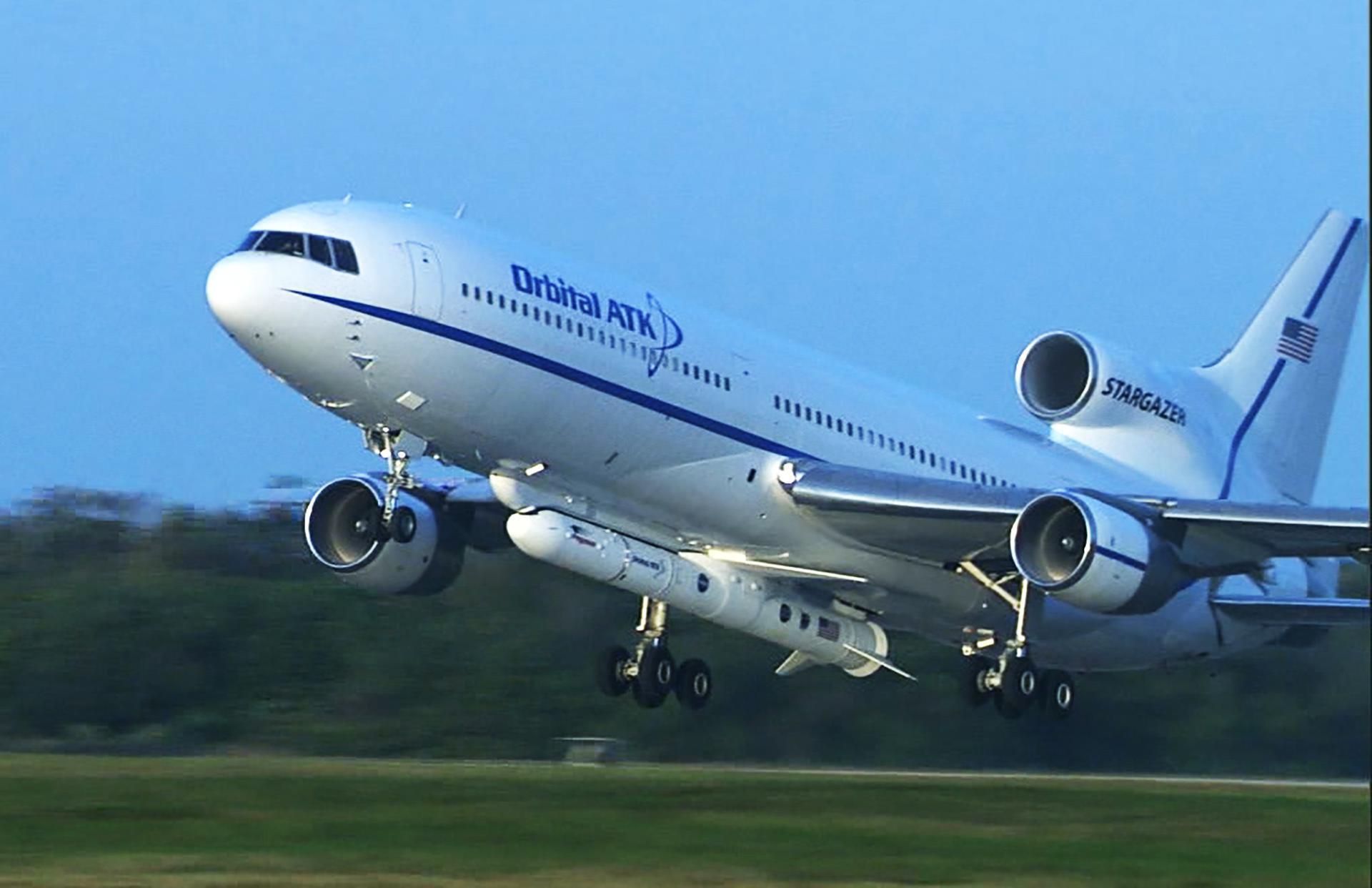Pegasus XL HAPS Vehicle Overview
A complete overview of the Pegasus XL HAPS launch vehicle, including launch stats, vehicle info and launch locations.

Basic Info
Name
Pegasus XL HAPS
Family
Pegasus
Manufacturer
First Launch
23 Dec 1997
Successful Launches
5
Failed Launches
0
Rocket Info
Status
Active
Stages
0-4
Length
17.6 m
Diameter
1.27 m
Launch Mass
23 tons
Thrust
580 kN
Reusability
Not Reusable
Payload Info
LEO Capacity
443 kg
Launch Cost
$40M
The Pegasus is an air-launched rocket developed by Orbital Sciences Corporation (now part of Northrop Grumman Innovation Systems). Capable of carrying small payloads of up to 443 kilograms (977 lb) into low Earth orbit, the vehicle consists of three solid propellant stages and an optional monopropellant fourth stage. Pegasus is released from its carrier aircraft at approximately 40,000 ft (12,000 m), and its first stage has a wing and a tail to provide lift and attitude control while in the atmosphere. The HAPS variant adds a Hydrazine Auxiliary Propulsion System maneuvering stage.
Launch Sites used by Pegasus XL HAPS
Vandenberg SFB

U.S. Space Force facility in California for spacecraft launches and missile testing.
Wallops Island

NASA rocket launch site for science and exploration missions, established in 1945 in Virginia.
